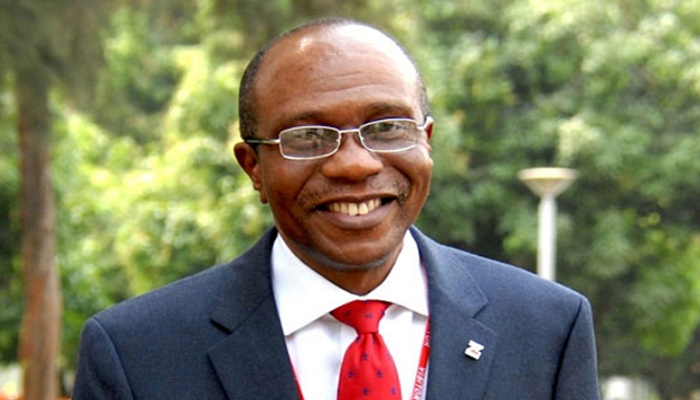Just recently, the CBN Governor, Godwin Emefiele revealed plans in unifying the naira’s currency exchange systems around the NAFEX rate. The Central Bank Governor said this at an Investors Conference organised by CitiBank.
Nairametrics spoke exclusively to business leaders in various fields of expertise on Nigeria’s central bank move to implement the naira’s unification, and they, in various opinions expressed their concerns.
Elile Olutimayin, ACS, Managing Director at CardinalStone Securities Limited:
The convergence of the multiple exchange rates towards the NAFEX rate is a much welcome development and long overdue. Firstly, this would eliminate FX arbitrage, ease the dire supply of the greenback, and ensure a more transparent FX market.
The demand for FX in the last couple of years have been more speculative than real. The multiple exchange rates have caused a lot of distortion in price, affected businesses, made planning tougher, and encouraged corruption.
A unified exchange rate has been one of the persistent requests of Foreign Investors (both FDIs and FPIs). For FPIs, who are major investors in the Nigerian capital market, the perception of an expensive Naira, as well as investor’s outlook of a struggling economy has culminated in c. N200bn worth of net outflows from the equities market in the last 18 months. We expect a unified exchange rate to trigger interest in the capital market and could help stem capital flight.
READ MORE: 3 Crypto exchanges control about 14.3% circulating BTC supply
Engr. Debo Adejana, REDAN South-West Chairman, MD/CEO, Realty Point Limited:
I sincerely welcome the planned unified currency exchange rate system. In my own opinion the overall impact on businesses and to the economy as a whole will be positive. The multiple rate system we have operated for some time is not sustainable. CBN’s attempt at defending the Naira has not been successful and cannot be continued in the face of current pressing economic realities.
Yes, the immediate effect will be a further devaluation of Naira and inflation but the eventful effect will be increased inflow of FDIs, elimination of cheap money as a result of round-tripping by the privileged few, uniformity of production cost across the board, growth in our foreign exchange reserve among other things.
For me as a developer, we expect property prices to go up because most finishing components are imported. This can also give rise to a situation where we start to look inward for finishing materials especially for low-income housing or continue the emerging trend of delivering carcasses (shell structures) so buyers can enjoy the prerogative of finishing to their taste.
So, I welcome the idea. It is in fact a must-do for us at this crossroad if we want to successfully navigate this economic season.
Tomie Balogun, The Millennial Investor and Founder of The Green Investment Club:
The plan to unify the multiple exchange rates along the NAFEX rate is long overdue. It will eliminate the recurring round-tripping or arbitrage in the market and increase overall investor confidence in the country. However, will the plan to end multiple exchange rates eliminate the FX black market?
The restriction list that bans forex for 41 items needs to be eliminated to achieve this. As long as there are restrictions on certain items, the traders will have no choice but to seek forex from a black market.
While I understand the urgent need to implement the exchange rate unification, we must also consider how it will affect the everyday man who will have to pay more to buy basic goods due to restrictions. In addition to unifying the exchange rate, we need a medium to long term phased-out economic plan to support increased local production.
That way, they can impose tariffs on certain imports to restrict Forex demand and make importation of certain goods uneconomical.
Olasiji Omotayo, Chief Risk Officer, in a Leading Pension Fund Administrator:
My view is that they are telling us informally that more devaluation is coming. The official rate may be moved to the I&E level and that should put more pressure on the I&E rate too as that then becomes the floor.
But the bigger question is whether the CBN will be able to meet market demand at that level. If otherwise, there will be no convergence but rather a further depreciation in that market However, I expect a little moderation from the parallel market as supply should improve at the I&E rate. Nigerian financial securities should benefit as naira becomes cheaper.
Download the Nairametrics News App
Silas Ozoya, Managing Partner, SUBA Capital:
When I saw that update on this, I didn’t know exactly how to feel because the BDC systems create employment for a lot of people and unification might put them out of work.
However, on the flip side, it stabilizes the market for business owners, contractors, and individuals who would now rather process naira to dollar exchange more in the bank than in the black market. This means increased revenue for banks via charges.
